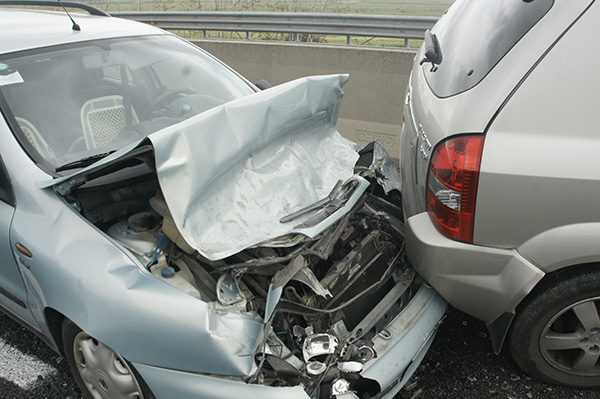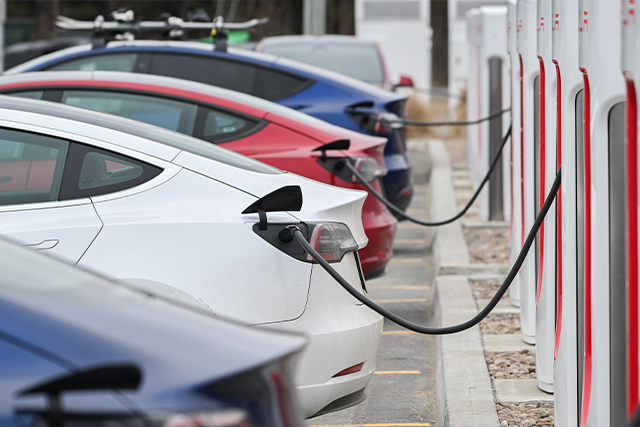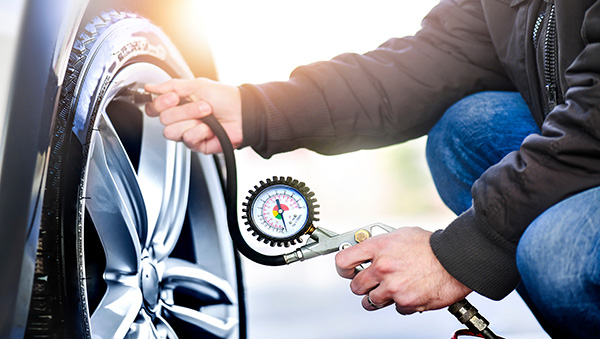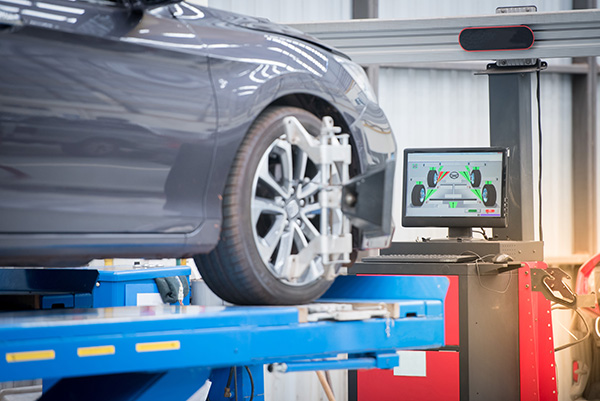Posted on 4/25/2025

Heavy rain doesn’t just make the drive more uncomfortable—it dramatically changes how your vehicle handles. One of the most common types of accidents during rainy weather is the rear-end collision, and there’s a reason why they spike every time the skies open up. Reduced traction, longer stopping distances, poor visibility, and slower reaction times all play a part in turning wet roads into crash zones. Even experienced drivers aren’t immune. When it comes to driving in the rain, confidence can sometimes work against you. Understanding why these collisions happen—and how to avoid them—can help keep your vehicle and everyone inside it safer during the next downpour. Rain Reduces Traction When your tires hit a wet surface, they don’t grip the pavement as well as they do on dry roads. This is especially true if the road has oil buildup, worn asphalt, or pooling water. As a result, your braking distance increases, an ... read more
Posted on 4/1/2025

You will be able to take an electric car for a spin—no strings attached—next month in Kelowna. The non-profit group that hopes to help Canada achieve its goal of 100% electric vehicle sales by 2035 or earlier will be spending much of April in Kelowna. Plug’n Drive and NexDrive will bring the EVs are for Everyone Cross-Canada Tour to A-Plus Automotive, which is located at 2165 Rutland Ct., from April 3-20, and to Highway 33 Napa Autopro, which can be found at 160 Hwy 33 E, from April 14-16. The tour’s mission is to educate Canadians about electric vehicles using a sales-free, no-pressure model. “Plug’n Drive is delighted to have the support of NexDrive on this journey toward Canada’s net-zero future,” Plug’n Drive president and CEO Cara Clairman said in a press release. “NexDrive recognizes the power of connecting Canadians with hands-on experiences like test drives and EV education as a way to accelerate the transition to ... read more
Posted on 3/28/2025
%20copy.jpg)
The auto repair industry has come a long way from the days of paper checklists and vague explanations about vehicle issues. Thanks to digital inspections, both repair shops and customers now benefit from a more transparent, efficient, and accurate service experience. With the help of modern technology, technicians can provide detailed reports, photos, and videos of a vehicle’s condition, giving drivers a clearer understanding of what’s happening under the hood. If you’ve ever felt unsure whether a recommended repair was necessary, digital inspections are changing that by bringing honesty and clarity to the process. Here’s how this innovative approach is transforming auto repair for both technicians and car owners. More Transparency and Trust for Customers One of the biggest frustrations for vehicle owners is not knowing exactly what’s wrong with their car. Traditional inspections often leave customers relying solely on a mec ... read more
Posted on 2/28/2025

Tires losing air over time is a frustrating and sometimes confusing issue for drivers. While a puncture is the most common reason for air loss, slow deflation can still occur even when there’s no visible damage. If you find yourself constantly refilling your tires without an obvious cause, something else may be at play. Understanding what causes slow tire deflation and knowing how to prevent it can help you avoid unnecessary wear, improve fuel efficiency, and keep your car safe on the road. Temperature Changes and Air Pressure Loss One of the most overlooked reasons for slow air loss in tires is temperature fluctuation. As the temperature drops, so does the air pressure inside the tire. Cold weather causes the air molecules inside the tire to contract, reducing pressure. This is why many drivers notice their tire pressure warning light coming on during colder months. Conversely, when temperatures rise, air expands, which can temporarily restore som ... read more
Posted on 1/31/2025

Wheel alignment might not be the first thing on your mind when you think about car maintenance, but ignoring it can lead to a host of problems. A properly aligned vehicle isn’t just about comfort—it’s about safety, efficiency, and protecting your wallet from costly repairs. So, what happens when wheel alignment issues are left unchecked? Let’s unpack why this seemingly minor issue should never be overlooked. Increased Tire Wear One of the most noticeable effects of poor wheel alignment is uneven tire wear. When your wheels aren’t aligned correctly, certain parts of the tires bear more weight and friction than others. Over time, this uneven wear can lead to bald spots, reducing the lifespan of your tires significantly. Tires aren’t cheap. If you’re replacing them more often than necessary, you’re essentia ... read more